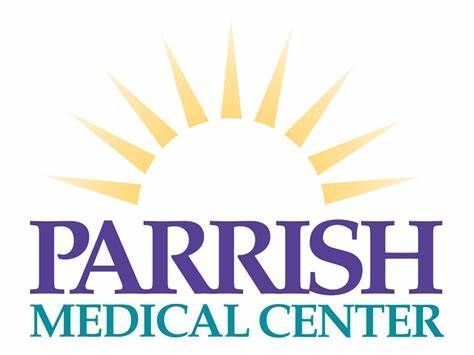Blood Pressure, Atrial Fibrillation, COVID-19
Blood pressure, Afib and COVID - the connection.
Blood pressure medication adherence should continue for patients with novel coronavirus (COVID-19) infection, and atrial fibrillation and atrial flutter can worsen outcomes in hospitalized COVID-19 patients, according to two posters presented at the virtual American Heart Association Scientific Sessions 2020.
In the first poster, investigators from the United States and Japan noted that a hypothesis exists about the ability of angiotensin-converting enzyme inhibitors (ACEI) and angiotensin-receptor blockers (ARB) to possibly modify the outcomes of COVID-19. To test this, they conducted two meta-analyses to compare mortality and susceptibility of COVID-19 in patients who were treated with ACEI and/or ARB to those who were not treated with either medication.
They identified 3 eligible studies after searching the Medline and Embase databases through June 2020 that would be able to assist in the first meta-analysis, which examined the testing positive rate of COVID-19. The study authors learned that the testing positive rates for COVID-19 were similar among those treated with ACEI and those not treated with ACEI. The same was true for patients treated and not treated with ARB, they said.
A further 14 studies were identified that would be included in the second analysis, which investigated the in-hospital mortality rate for COVID-19 patients, the authors explained. In-hospital mortality for COVID-19 patients was similar among those who were treated with ACIE and/or ARB and for those who were not treated with ACEI or ARB, the study authors wrote. Once they further analyzed this data and looked at only patients with hypertension, they learned that ACEI and/or ARB use was associated with a significant reduction of in-hospital mortality compared to no ACEI or ARB use, the investigators said.
“Our study results confirm that patients already taking ACE inhibitors and ARBs should not discontinue taking them due to COVID-19 infection,” lead study author Yujiro Yokoyama, MD, said in a statement. “Both medications have proven benefits for heart and kidney disease, and this further confirms previous findings that ACE inhibitors do not pose additional risk with COVID-19.”
Acute SARS-CoV-2 infection may increase the susceptibility to AF and promote the evolution of a prothrombotic state. The potential development of long-term complications including development of cardiac arrhythmias in COVID-19 survivors remains to be established, especially as COVID-19 survivors are unlikely to produce long-lasting protective antibodies against this virus [1], [2], hence may be susceptible to reinfection within weeks or months. As in the acute phase of COVID-19 infection, the susceptibility to AF is increased and a worsening of existing AF likely, utilization of personal electrocardiogram devices as well as remote monitoring (teleconsultations) could optimize care of patients with AF and those with a high risk for developing AF.
In the second poster, investigators from the Yale School of Medicine conducted a retrospective cohort study in order to further understand how atrial fibrillation and atrial flutter patients are impacted when hospitalized with COVID-19. Currently, the interactions are not known, the study authors said. They were able to identify 396 patients over the age of 18 that were hospitalized with COVID-19 between March and June 2020 and then calculated the rates of prior and in-hospital atrial fibrillation and atrial flutter.
The mean age of these patients was 68 years and about half were men, the study authors said. Half were Caucasian, about a third were Black and about 20% were Hispanic.
The study authors discovered that 15% of the patients had a prior history of atrial fibrillation and atrial flutter, while 20% of patients had in-hospital atrial fibrillation and atrial flutter and nearly 8% did not have a history of atrial fibrillation and atrial flutter.
The patients who experienced in-hospital atrial fibrillation and atrial flutter had significantly more cardiovascular complications compared to the patients without, including cardiac injury, type 2 myocardial infarction, and heart failure, the study authors said.
In-hospital atrial fibrillation and atrial flutter was linked to significantly worse COVID-19-related outcomes including ICU survival, heart failure, myocardial injury, dialysis, and hospice/death, the study authors wrote.
“Our study suggests that the combination of COVID-19 and atrial arrhythmias may create a pathologic synergy that markedly increases the risk for major adverse cardiac events and death,” the study’s lead author Zaniar Ghazizadeh, MD, added in the statement. “COVID-19 places patients at a high risk for abnormal heart rhythms that are, in turn, associated with markedly worse outcomes including death and multi-organ failure. Patients and physicians need to monitor for these arrhythmias closely and treatments needs to be timely.”





